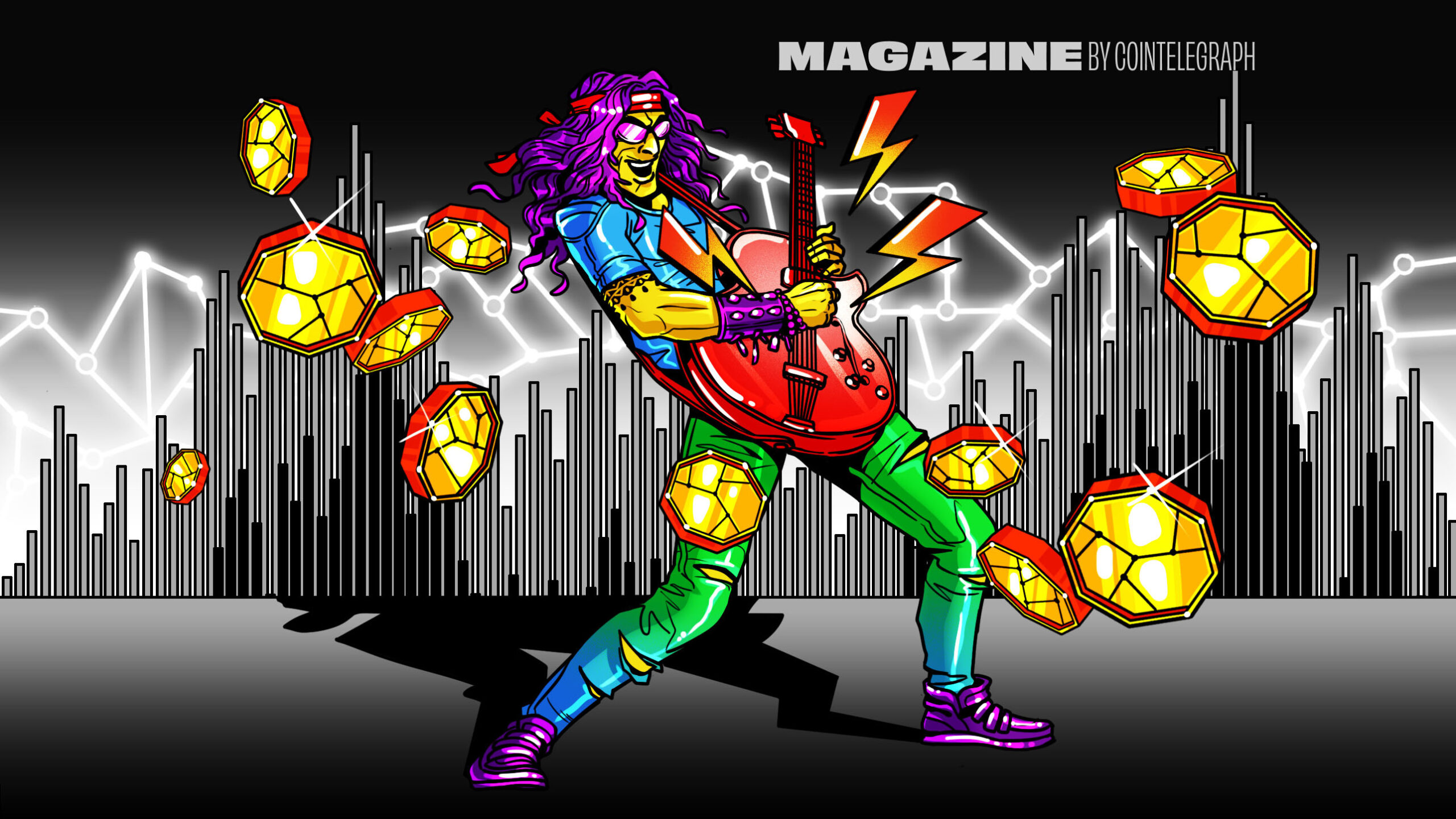Since 2021, pop superstar Taylor Swift has been rerecording and releasing her entire back catalog of albums in an effort to break away f
Since 2021, pop superstar Taylor Swift has been rerecording and releasing her entire back catalog of albums in an effort to break away from her previous record label and gain greater control over her art.
The fact she has to go through such a painstaking, expensive process just to recover what most would consider rightfully hers highlights how the music industry can be a complicated, confusing place for young artists. It has a well-deserved reputation for being a space where enthusiastic musicians often unknowingly enter into unfavorable or exploitative record contracts.
“I would say maybe 10% of musicians have a good understanding, 1% of musicians have a great understanding, and 0.1% of musicians have an amazing understanding” of the legal and financial structure behind the music industry, Justin Blau tells Magazine. Also known as 3lau, Blau is a popular DJ and the founder of Royal, one of a handful of companies working to bridge the divide between the traditional music industry and blockchain.
Web3 or blockchain is often hyped up as the “Promised Land” for musicians, where the music industry will be democratized and decentralized, and where musicians will earn a larger slice of the profit pie by connecting directly with fans through NFTs.
One rising use case for “music NFTs” is tokenizing a song’s royalties, allowing fans to earn a percentage of the revenue generated by their favorite artists’ music.
But music copyright law and royalty collection are highly complicated, and very much off-chain. So, where exactly does blockchain fit in, and what do artists and fans gain from its introduction?
A complicated starting point
To start with the very basics, each piece of recorded music has two copyrights associated with it: One represents the recording itself, while the other represents the underlying composition — the written lyrics and music.
Depending on how many people and companies are involved in writing and releasing a song, any one track can have multiple rights holders. Musicians who release music through record labels are often required to sign over the master recording rights to the label.

Each copyright also generates its own associated royalties based on whether the song was played on the radio, listened to on Spotify, featured in a movie, etc. On top of that, different organizations are responsible for collecting each type of royalty.
With all that, it’s easy to see why the average artist may not fully grasp the business side of the music industry when entering into a recording contract that benefits their label more than them.

“Very few people really begin understanding the business of music and how it works, let alone the legal part of it,” Renata Lowenbraun, an attorney and CEO of Infanity — a Web3 platform for independent music artists and their communities — tells Magazine.
“The more informed you are as a recording artist or as a songwriter, the better off you are.”
Read also
Features
Banking The Unbanked? How I Taught A Total Stranger In Kenya About Bitcoin
Features
Bitcoin 2022 — Will the real maximalists please stand up?
Putting royalties on the blockchain
There are three main companies working on tokenizing traditional music royalty streams — Blau’s Royal, Anotherblock and Bolero — and they all follow the same basic premise.
A song’s rights holders divest a certain percentage of their royalties, and those royalty rights are fractionalized as NFTs. Tokenholders receive regular payouts to their crypto wallets in USDC in proportion to their share of the rights. If they wish to sell their NFTs, they can do so on the company’s website or secondary markets like OpenSea.

The core focus of Royal is streaming, and the platform has already worked with several high-profile musicians, including Nas and The Chainsmokers. Blau tells Magazine that streaming is “where most of the income comes from,” and that since fans can directly impact how often a song is streamed, “it makes the most sense to give fans the ownership in something that they actually can affect the success of.”
Royal’s NFTs live on Polygon and can be stored either in a custodial wallet managed by Royal or self-custodied using a wallet like MetaMask.

Anotherblock…
cointelegraph.com
